Recent Publications & Learning
Doing development differently starts with better evidence and learning.
Doing development differently starts with better evidence and learning.
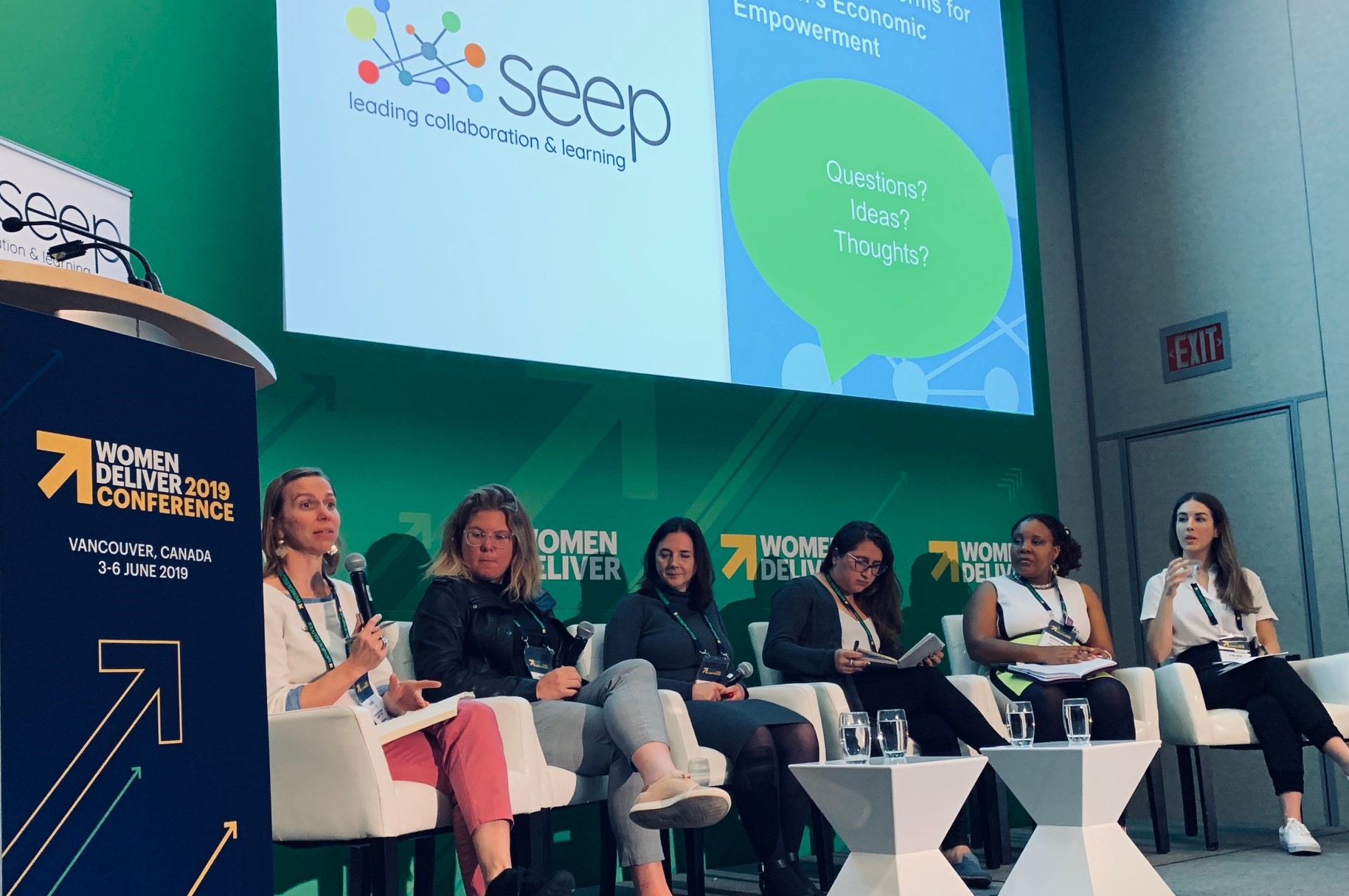
MarketShare Associates moderated a side event on “Shifting Social Norms for Women's Economic Empowerment” hosted by the SEEP Network at the 2019 Women Deliver Conference in Vancouver, Canada. This blog post summarizes seven lessons learned in shifting social norms for women’s economic empowerment. The session explored how members of SEEP’s Women’s Economic Empowerment Working Group have tackled gender norms in the context of their work in developing countries. Speakers from Oxfam, IPSOS, Women for Women International, ICRW, World Vision International, and MEDA drew on practical examples and strategies for understanding, measuring and changing social norms.
Read More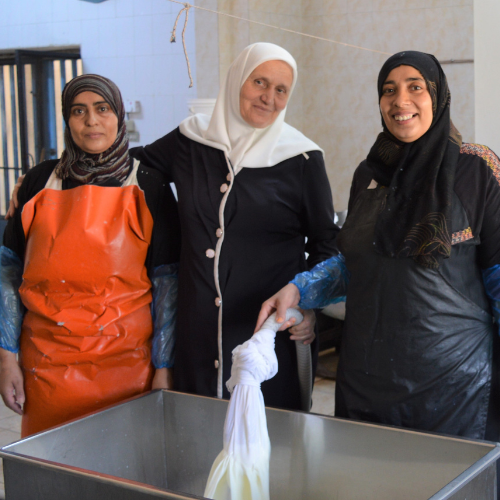
As part of the Arab Women’s Enterprise Fund (AWEF) project, MarketShare Associates produced a Practitioner Learning Brief on using a market systems and private sector development approach to stimulate increased women’s economic empowerment. This Brief provides a practical framework for development actors to develop a robust business case for private sector companies around both the commercial and social value of empowering women. Building on the direct experience from implementing AWEF over four years, as well as case studies from the wider practitioner community, the Brief presents a range of business frameworks, approaches, tools, data and metrics that can be used to build a compelling business case to the private sector.
Read More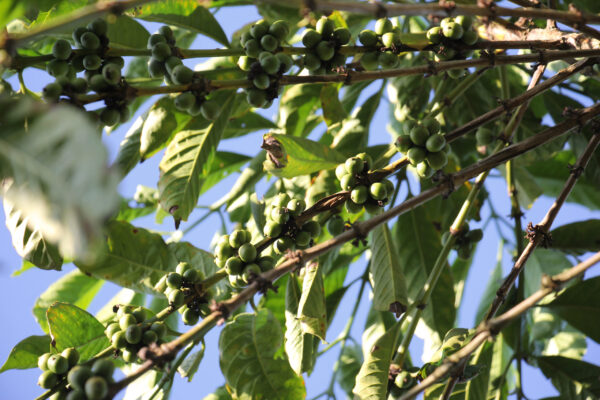
This blog post builds on MarketShare Associates' (MSA) work as part of the Arab Women’s Enterprise Fund (AWEF) to stimulate increased women’s economic empowerment through a market systems approach. The MSA team outlines a practical framework for development actors to develop a robust business case for private sector companies around both the commercial and social value of empowering women.
Read More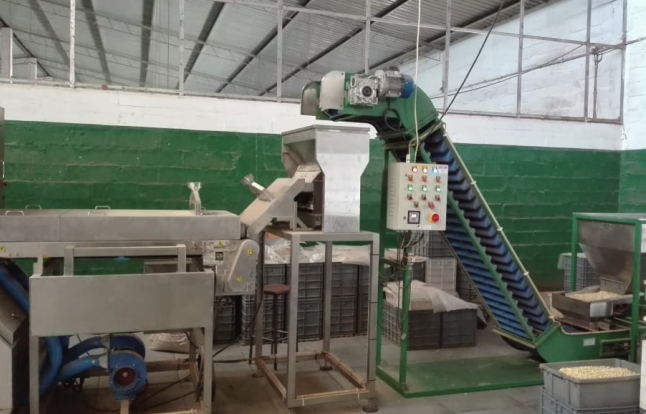
The United States Agency for International Development (USAID) Feed the Future Mozambique Agricultural Innovations Activity (FTF Inova) seeks to stimulate sustainable, agriculture-led economic growth, which is critical to reducing poverty and hunger. The aim is to contribute to this change by catalyzing more inclusive and competitive agricultural market systems. This Plan sets out FTF Inova’s Monitoring, Evaluation and Learning (MEL) System and explains how results are monitored and measured to support strategic, informed, and adaptive management of interventions, while allowing FTF Inova to report on achieved results.
Read More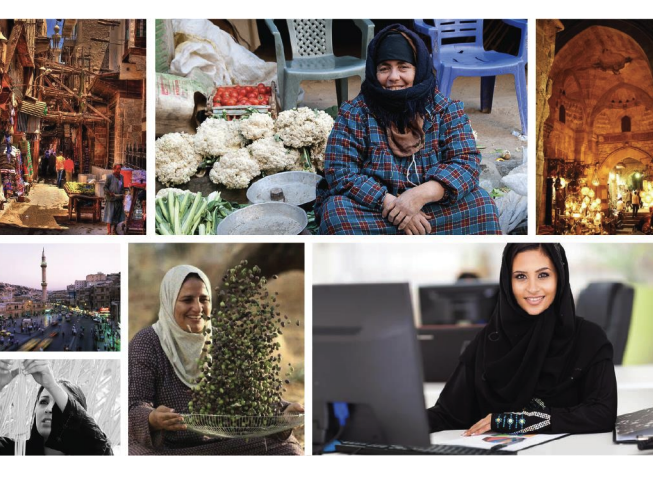
Funded by the U.K. Department for International Development, the Arab Women’s Enterprise Fund (AWEF) blends market systems and empowerment-thinking to stimulate women’s economic empowerment across Jordan, Egypt, and Palestine. This learning brief captures the experience of the AWEF team in developing a gender-sensitive, empowerment-forward poverty mapping tool: the Disadvantaged Assessment.
Read More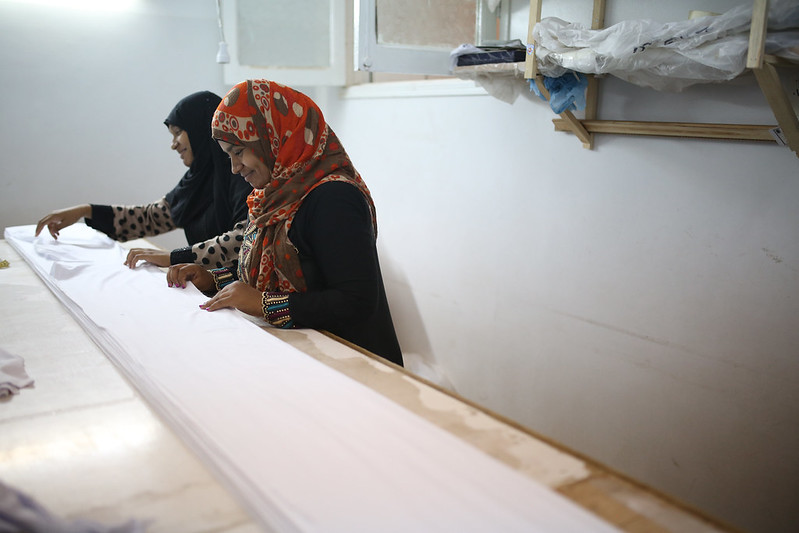
This webinar explored practical applications of poverty measurement tools that capture the multi-dimensional aspects of poverty and intra-household dynamics. Speakers discussed tools such as the Poverty Probability Index (PPI), the Individual Deprivation Measure and the Disadvantage Assessment, and their abilities to capture gender-responsive results.
Read More
If you’ve ever wondered (or been skeptical about) if or how the market systems approach can address job quality, we’ve mapped the evidence from the field to learn what’s been done, what’s been effective and what projects and donors can to better address job quality in the future.
Read More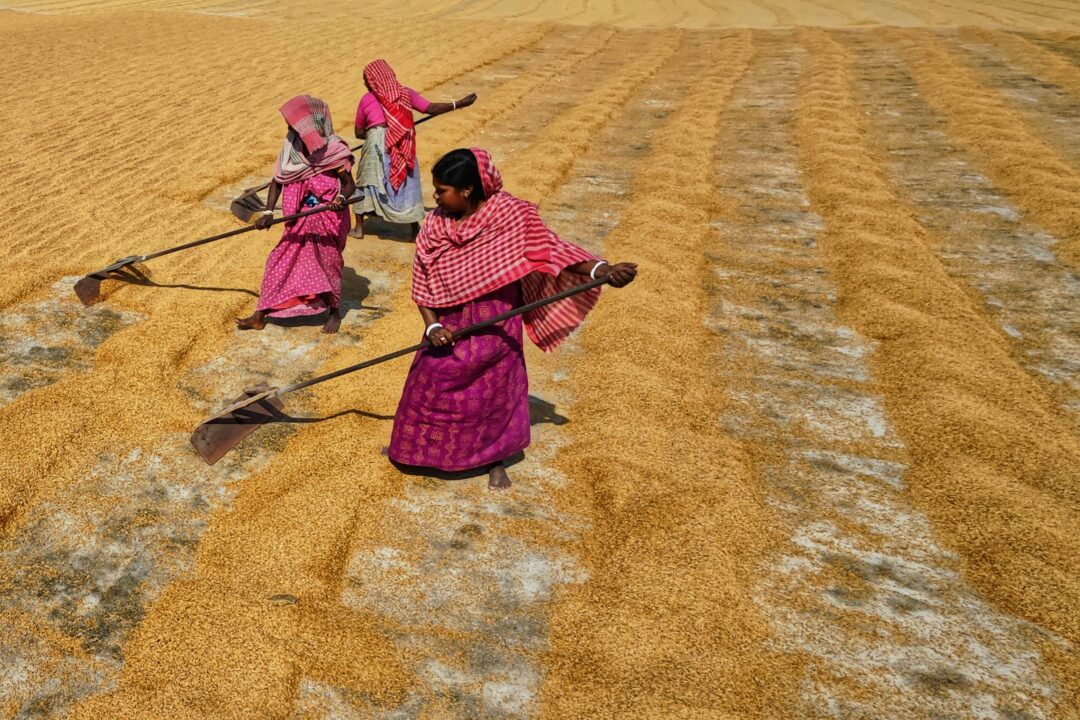
This wiki codifies good practice in applying the value chain approach to vulnerable populations. Vulnerable populations are defined as those groups of people who are typically excluded, disadvantaged or marginalized based on their economic, environmental, social, or cultural characteristics. This wiki focuses on three groups commonly targeted by development programs: very poor populations; disadvantaged women; and at-risk youth.
Read More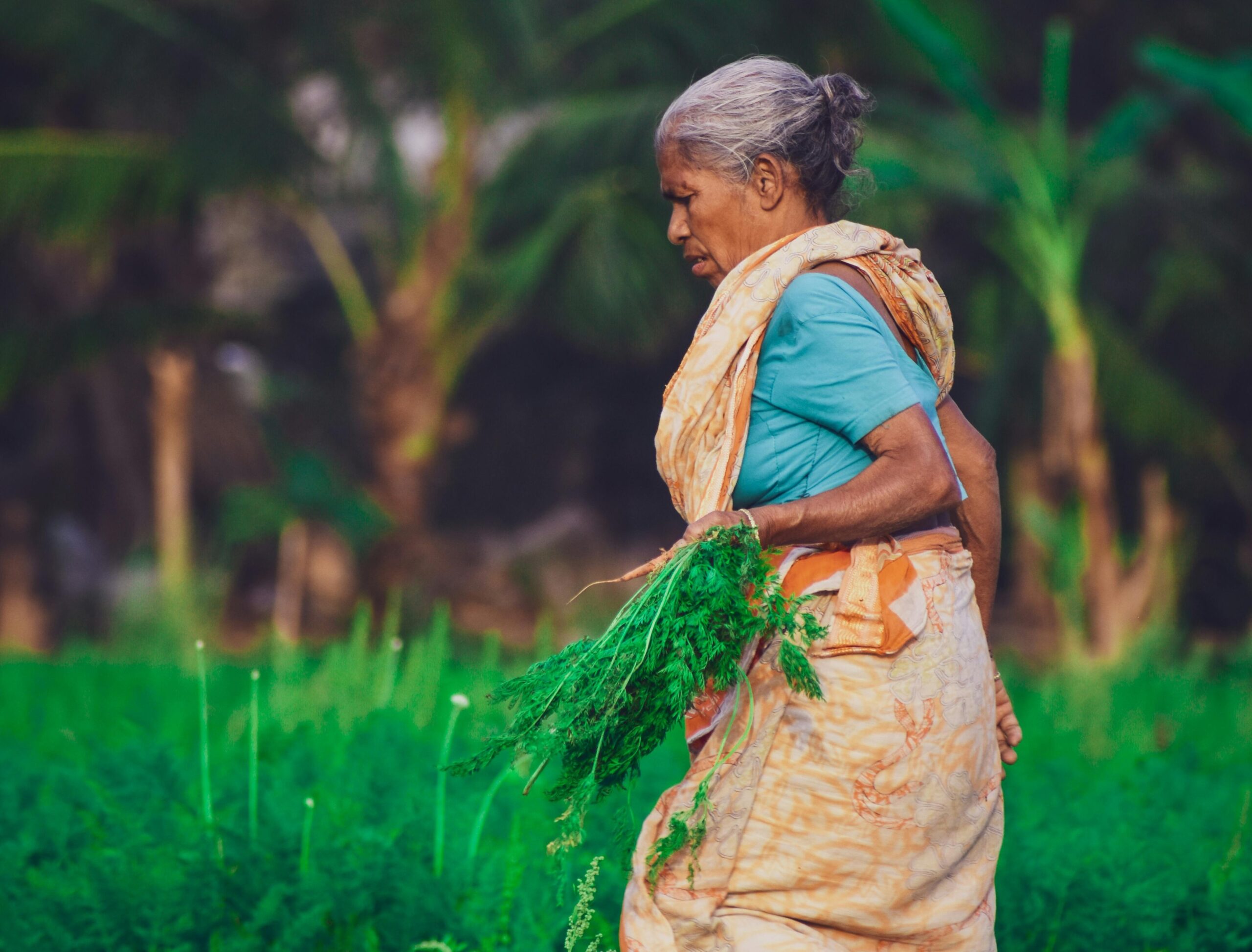
This wiki codifies good practice in value chain development and integrating food security. This wiki provides a synthesis of currently available information about the linkages between food security and value chain initiatives, with the intent of providing guidance to those seeking to integrate food security considerations with the value chain approach.
Read More
This technical brief documents emerging thought leadership on measurement practices for unpaid care work. It presents a survey of current good practices, explores how practitioners can modify traditional tools and methodologies to complement the market systems approach, and identifies technical topics related to measuring unpaid care work that require further development.
Read More